We all know about the subject of anthropology through my previous article- Introduction to Anthropology. What do Applied anthropologists do? it is a common question one can ask. Now it is important to understand how to use this knowledge for the welfare of people. This is what we learn under this topic.
In the most simple language, Applied anthropology refers to the actual applications of anthropology. There was always a question- ‘could anthropological knowledge be put to practical use in solving the problems of man’?
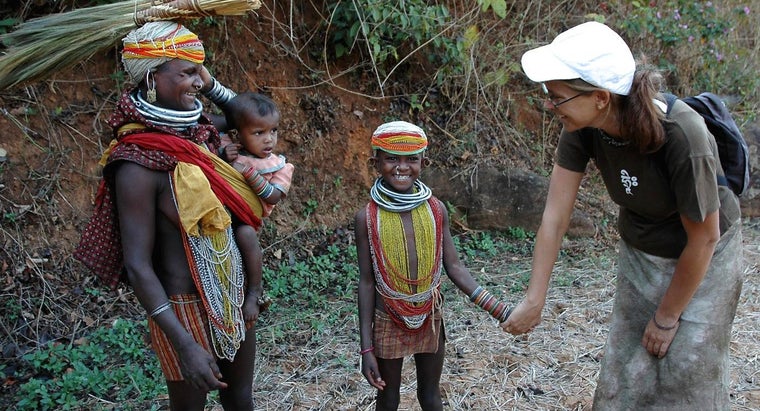
How do Applied anthropologists work?
Applied anthropologist tries to solve the practical problems of man through anthropological methods and techniques. They try to raise technical skills and standards of living. For example, first, they visit a place then find its problems related to health, education or environment and try to help them by providing necessary help. They give all the suggestions which are possibly helpful for solving those problems. They can work for various departments where their knowledge is required like in a museum or national or state parks. They can work for both governments as well as for non-profit organisations, businesses, health, human sciences, colleges, universities etc.
As we know that anthropologist has basic knowledge of tribal development, urban development, demography, family planning, education, environment etc. so he is capable of solving issues. They are collaborating, along with other applied social scientists, with the policy planners and administrators. Such collaborations may be classified into various situations as-
- Anthropologist act as a consultant on the staff and usually works under the control of administrators,
- They work as an outsider not on the regular payroll of the organization in the administration,
- The anthropologist and the administrator work together as co-administrators,
- The anthropologist is, at least temporarily in actual charge of the development programme.
For the benefit of mankind, anthropological knowledge plays an important role so anthropologists must involve in policy decisions at many levels. As Beals and Hoijer (1971) point out, among the things that the anthropologist is in a position to do are :
- He can assemble and organise data to make the perfect decision and if required he can do research according to the needs. Research work is perfectly done by an anthropologist as he knows how to communicate with the public in the most satisfying way.
- He can estimate the possible consequences that may come out of the alternative decisions. It should be pointed out that there always are at least two alternatives, to act or not to act. A thorough analysis will also estimate the future outcome of the policy decision.
- He should know the various ways of implementing the policies.
- He should evaluate the effectiveness of projects and programmes in achieving stated goals.
Problems faced by Applied Anthropology
Applied anthropology, to a great extent, concerns itself with planned cultural change. The major concern regarding the work of applied anthropologists are-
Is the planned change beneficial for the target group?
Will it bring happiness or destroy the harmony of life?
Does the target population also regard this change as good as anthropologists thought?
So many ethical questions are involved. The most challenging situation is that in which the choice has to make between a set of available alternatives. It becomes a great question of whether the chosen alternative will work best or not. This is a reality that the applied anthropologist has to take responsibility for the effects of their recommendations and actions.
So in the end, applied anthropology is a great discipline that works well for the welfare of the people.
Read more:
- Lamarck’s Theory of Evolution
- Bipedalism and Structural Changes
- Natufian Culture
- Cache of ancient coins dating back 100,000 years unearthed in Japan
- James George Frazer


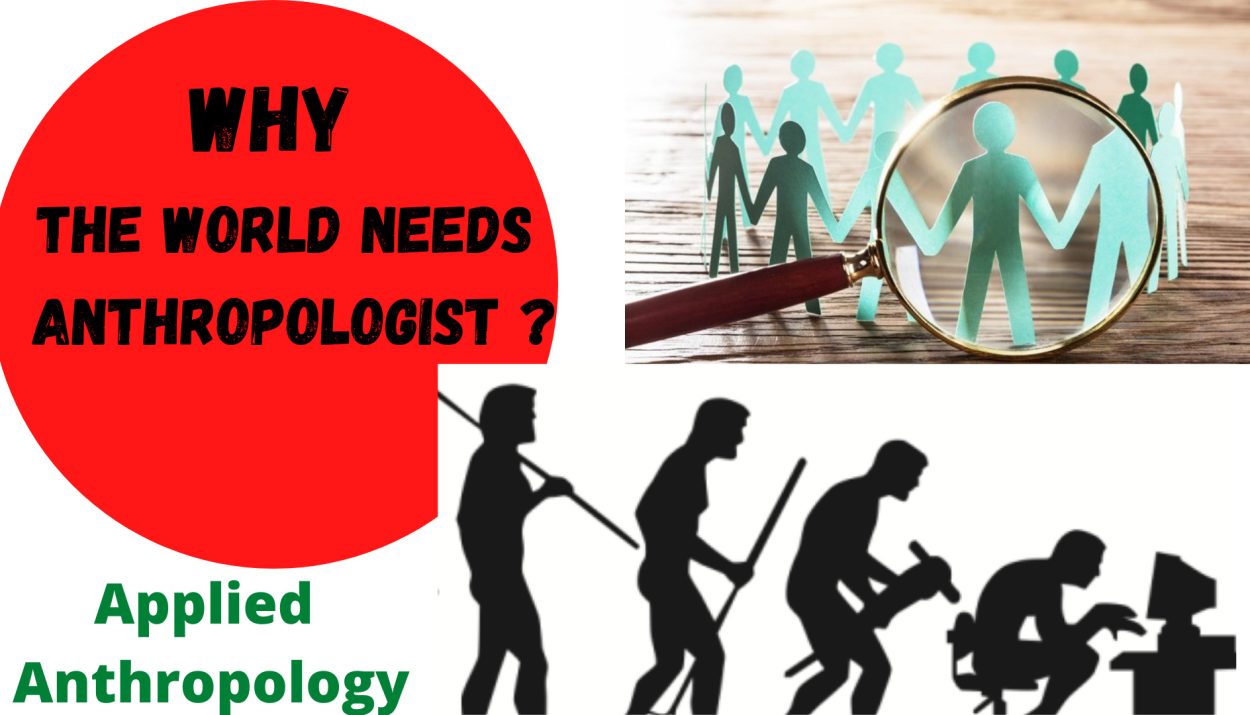
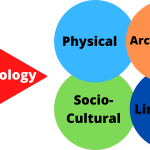

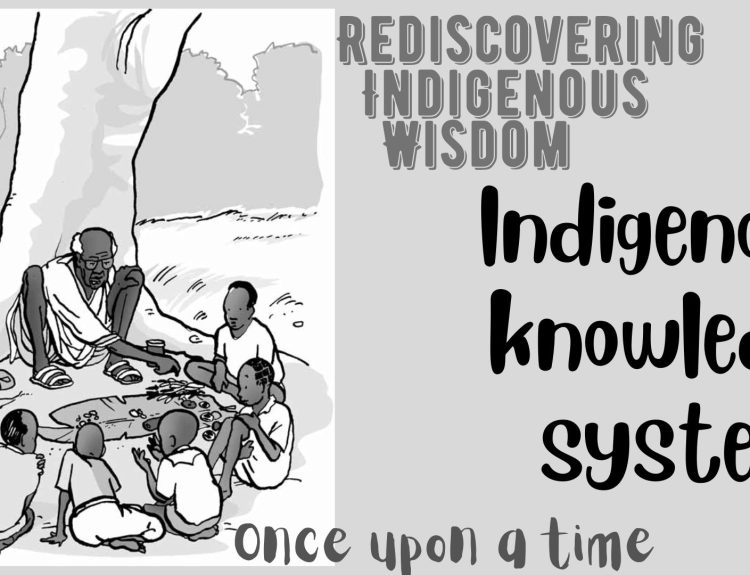
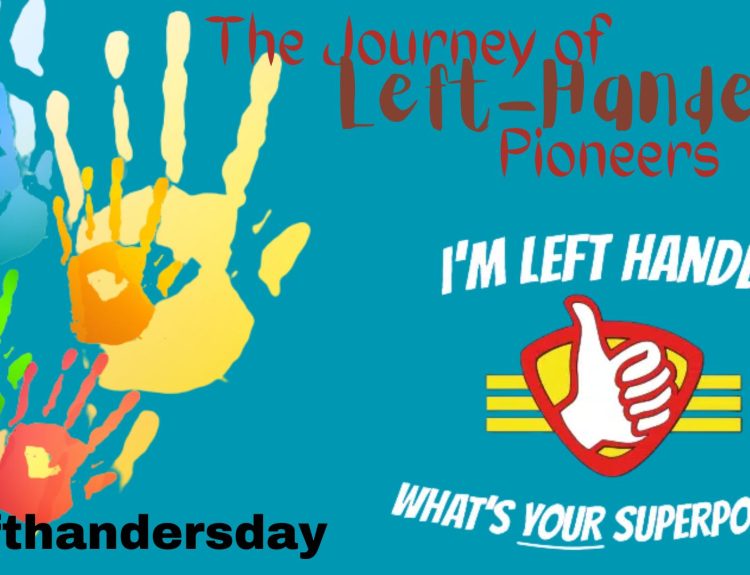
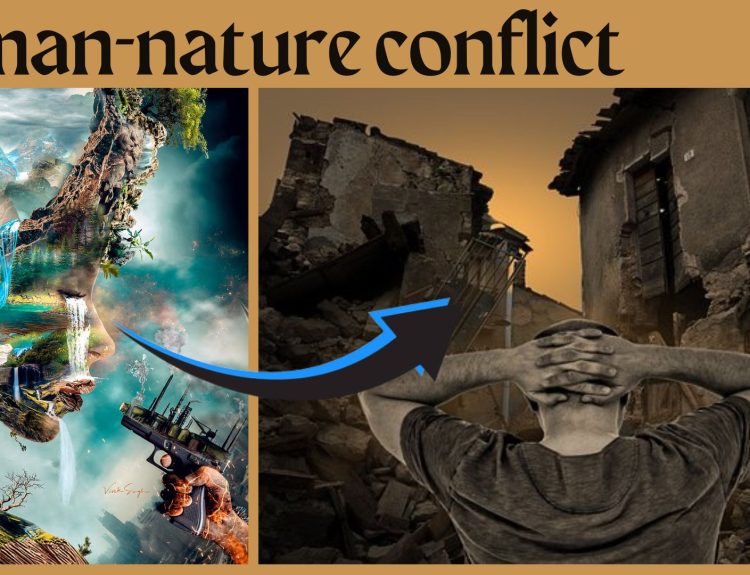
4 Comments